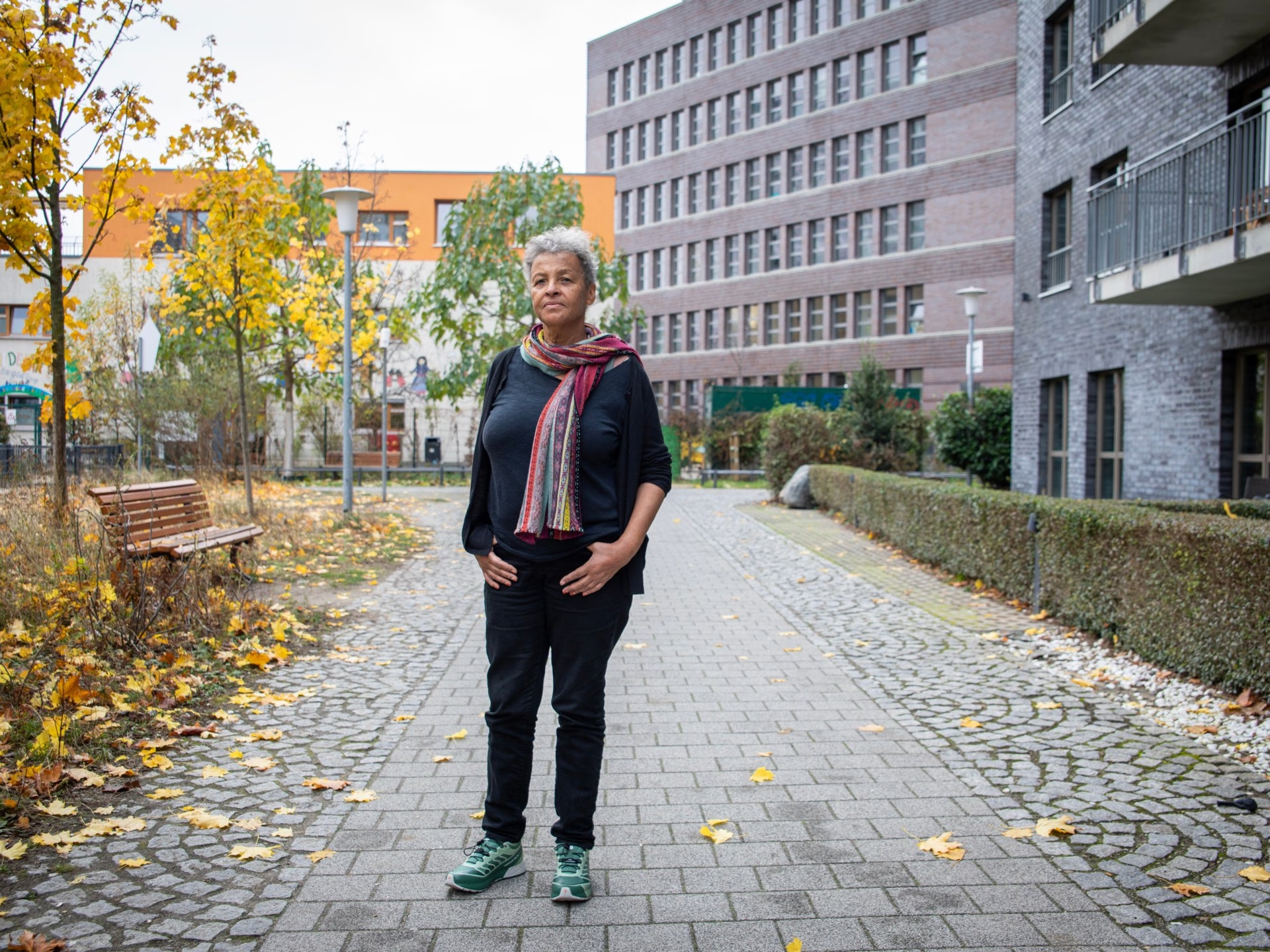After my father’s death when I was just six months old, a significant shift occurred in my life. My brother was forcibly taken by Belgian authorities and placed in a Catholic boarding school, a direct consequence of our mixed heritage being perceived as a threat to the white supremacist foundation of colonial rule.
With no warning or consent from my mother, my brother was then moved to a Protestant parish in Burundi where he faced a challenging existence serving as an indentured servant. His journey eventually led to Denmark.
When I turned three and my sister five, the colonial authorities deemed us “independent” of our mother’s care. After an attempt by the police, we too were separated from her and placed in an institution. My mother’s efforts to protest this action were met with aggression.
Our time at the institution lasted six months, after which I was sent to live with a foster family on Belgium’s coast, while my sister was placed on the opposite side of the country. This separation of families, without any regard for our well-being, resulted in a fragmented sense of identity and family.
Life on the coast
Although the Belgian coast offered an openness towards the world, the foster family I was placed with did not provide a nurturing environment. The mother, who had experienced multiple miscarriages, desired another child, leading to a strained and distant relationship. I sought solace in my foster father’s guardianship over us, which offered some continuity. Upon discovering our legal documents at age 11, including my birth certificate where the term “illegitimate child” stood out, I felt shaken to the core.
Living with my foster family until age 16, I eventually pursued higher education in Ghent. It was there that I encountered student activism, making it a significant part of my own identity. I worked for an organization providing contraception and founded shelters for women and forums for children. Despite these endeavors, forming a connection with my biological mother remained elusive.
The moment everything changed
My journey to understand my past led to significant discoveries. During my studies and work at IBM, I was compelled by the lack of discussion around Metis children and the impact of colonization on their mothers. Local journalists and I called for a specific study on Belgian colonialism. We demanded access to federal archives, a challenging task due to the secrecy surrounding these records.
A group of Metis individuals from various cities began to gather testimonies and received funding. In 2010, we published “The Bastards of Colonization” which sparked public and media attention. We lobbied for recognition, access to our files, and support in understanding our history.
A crime against humanity
Despite recent apologies from Belgium, the abduction of children and their placement with foreign families remains a grave injustice. The term “Metis,” once a label of shame, has been reclaimed by us, representing a struggle to find our place in the world. Our advocacy now seeks reparations, though this is a battle many of us are too old to sustain. Organizations like the African Futures Lab and Amnesty International provide crucial support, helping to keep our story alive.
My experiences as a Metis have been arduous but define who I am today.
_The views expressed in this article are the author’s own and do not necessarily reflect Al Jazeera’s editorial stance.__







